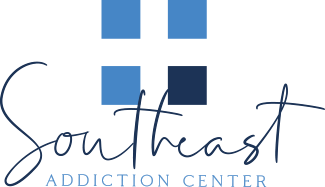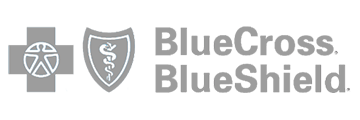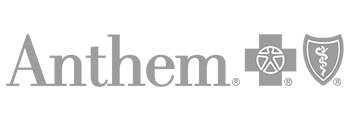5 Days Sober What To Expect
Contact us today so we can hear more about your story and determine from there the best course of action for your highly specific needs.
What Can You Expect From A Week Sober?
So, you’ve decided to finally get sober. That’s great news! Wanting to be sober is often the very first step in getting sober. Addiction is a disease, a disease that can be effectively managed, but almost all diseases come with symptoms, just as many cures come with side effects. Getting sober will likely have some side effects for you as well, depending on how heavy a user you are and what drug you have been taking.
Anyone who has had a battle with addiction knows getting sober is hard. But just what exactly happens in the first couple of days when someone quits drugs or drinking, and are there any strategies to mitigate the discomfort? Are there any strategies to keep sober when getting off of drugs and alcohol?
Yes, there are, and we’ve placed some tips and things to think about below. Remember, the best outcomes generally happen when one is getting sober under the care of a professional. Professional rehabilitation is often necessary for the most serious of addicts and younger addicts alike. We highly recommend engaging with quitting under the advice of a professional.
Discuss Sobriety With A Medical Professional
Before you start living sober, we highly recommend discussing sobriety with a medical professional. Withdrawal from any drug, but alcohol in particular, can be deadly. Withdrawing from alcohol can literally kill you, so if you are a heavy drinker (drinking many drinks every day for a number of months or years) discuss getting sober with a doctor or other medical professional.
We cannot stress this enough: for severe drinkers, the symptoms of withdrawal can be deadly. For anyone with a serious addiction, discuss getting sober with a medical professional.
Symptoms Of Withdrawal
Symptoms of withdrawal vary for each drug the user is taking, but almost all involve some level of discomfort. Below we’ll take a look at alcohol specifically.
Symptoms of alcohol withdrawal include:
- Nausea or Vomiting And Other GI Tract Issues
- Sweating Profusely
- Headaches And Other Body Aches
- Brain Fog And “Not Being Able To Think Clearly”
- Fever Or Chills
- Mood Disorders Such As Depression, Anxiety, or Agitation
- Insomnia And Other Sleeping Problems
The most severe symptoms can include:
- Seizures
- Hallucinations, Often Called Delirium Tremens
- Severe Depression, Anxiety, and, Agitation
- Uncontrollable Shaking And Tremors
- Confusion
- High Blood Pressure
When experiencing alcohol withdrawal, especially when you have been having many drinks consistently for many years, many or some of these symptoms may affect you. If you experience any of the severe symptoms, including seizure, hallucinations or confusion, call 911 right away.
Come Up With A Plan
When you’re quitting drinking or other drug use, it is most often helpful to have a plan about how to stay sober and deal with cravings. It can be helpful to write this plan down or commit it to heart, especially when dealing with withdrawals.
This plan can include distracting activities, such as playing games or watching television. It can also include other distractions such as taking a walk or riding a bike. One of the best ways to deal with acute cravings is with exercise.
Other healthy living habits will be helpful here as well, such as eating healthy, trying to go to bed and get up at the same time, going outside for fresh air, and getting an appropriate amount of sunlight.
Another great idea, if not going through professional rehab, is to join a support group like Alcoholics Anonymous or Narcotics Anonymous or other organizations that are not faith-based. In these organizations, you can often learn tips and tricks for staying sober from addicts who have more experience being sober than you. One of the sayings in AA is “30 meetings in 30 days”, meaning an addict who is quitting drinking should aim to attend a sobriety meeting every day in the first month of ceasing to use alcohol.
Consider Rehabilitation
It’s a fact: those who enter rehabilitation or are supervised by a medical professional often have better outcomes than those that are trying to quit alone. Quitting can be very difficult, but there is always help available. We offer many treatments and plans to fit the unique specifications you, your life and your addiction require.
We even offer things like medication that you won’t be able to get when trying to quit alone.
Give Us A Call
If you are trying to quit drinking or using drugs, give us a call and see how we can help. We offer many different treatment plans to fit your needs, and we have helped many, many people to live happy, healthy lives free from alcohol and drugs.
You don’t have to quit alone. We’re here to help, and can be reached by telephone at 888-981-8263. We’re looking forward to hearing from you and helping you quit drugs and alcohol for good. Don’t go it alone, give us a call.
Get the help you need now
We are Here for you.
If you or a loved one need help, we are available to guide you through every step of your recovery. Call us today and speak with a recovery counselor to get started.










